As I mentioned in my previous blog post, I recently watched the Barack and Michelle produced Netflix documentary, ‘Crip Camp’, which chronicled the lives of disabled people before what we now know as the Disability Rights Act. It was before the time where we had ramps or elevators in public places. It was before disabled people were ever seen outside. Seeing them outside in the real world was rare in the 1970’s, with the main reason for it being that the outside world wasn’t accessible to their needs. The documentary included a person who uses a wheelchair who told the interviewer that back in the day, he had to push himself AND his wheelchair up and down the stairs when using public transportation. He normally wouldn’t do that because it took a lot of time and a lot of strength, but to advocate for himself and people like him, he’d do that a million times and more.
This was one of the two things I heard from the documentary that really made me understand what living with a disability was really like through the eyes of others. The second most astounding and shocking thing I heard in the documentary didn’t come from someone disabled, but rather someone who worked with disabled children. It was a camp counsellor, who was black. He compared the treatment disabled kids received to the treatment black people received in the outside world. To some, it may seem like a total shock. To me, though, it was anything but a shock. I never even thought to compare disabled people to black people, but here we are – comparing and putting the two minority groups together in one sentence. A woman who also participated in the documentary opened up that when people first meet her, they see the chair first rather than person that she is or the woman that she is.
I can’t fully say that this treatment towards disabled people ended as soon as the Disability Rights Act came into play. Even now, I still experience the same exact treatment as the former camp counsellor talked about. Black people are still degraded and looked down upon in this day and age, so why should the treatment towards disabled people be any different? The people who bring out these outdated treatments to life are living in the past and not moving with the times. They’re either incapable of moving forward or refuse to because they think they’re doing just fine by staying where they are.
My father-in-law is the perfect example of someone who’s living in the past times and refuses to move forward with the times. I realize that it’s not just that he’s an ableist. He just has outdated views on everything, and people like me is one of those things he has outdated views on. My husband, on the other hand, is the exact opposite. He’s very open-minded, and that’s what I love most about him. This is really evident considering he’s married to and has a child with someone like me. By having me by his side, he’s learned a lot about disabilities, both physical and invisible. And with that, he’s become extremely open to becoming friends with people that he probably wouldn’t even consider sparking conversations with otherwise. He’s friends with someone who has cerebral palsy, as well as someone who has autism. The beautiful thing about witnessing his friendships is seeing just how non-judgmental he is. My husband sees them for who they are rather than just for their disabilities. He sees the person first and disability second. In fact, he doesn’t see disability at all.
More than anything in the world, I want my son to inherit his father’s trait. It’s especially important for me because he has me as his mother. I want him to see me for the person that I am rather than my disabilities. Through watching me, I want him to witness that life can be full in spite of and because of disabilities. That’s the main reason why I don’t allow my father-in-law to have any relation to my son. I couldn’t care less how my father-in-law treats me. I never did and I never will. What I do care about is what my son sees. I want my son to see that his mother is treated as an equal by the people that we surround ourselves with as a family. If that means cutting out close family members, so be it.
My father-in-law isn’t the only person in the world who has such an outdated view of the world and everything that surrounds him. I was just recently reminded of that by an online friend. She’s married to a man who has cerebral palsy, and how she and her husband are treated by the public as a couple is just astounding. People either assume he’s her brother or that she’s his caretaker. The fact of the matter is, everyone deserves love, even disabled people, and everyone deserves to have the same rights, even disabled people. But what’s even more astounding is that disabled people are STILL used as the punchline for jokes.
I remember two specific occasions where I saw it happen. First, let me just start by saying I was bullied because of my disability all through middle school and high school. Somehow, people even managed to bully me as an adult. But I knew better by that point in my life. The two occasions that I’m giving examples of weren’t geared towards me, though. It was most likely because these people didn’t realize that I’m disabled myself. The first instance happened when I was at a friend’s birthday party. My friend’s friend was making fun of our friend’s ex-boyfriend, also had cerebral palsy, and yelled out, ‘He can’t clap because of his stupid looking hands,’ while laughing hysterically. The second instance happened years later when my husband and I were at our friend’s house for a gathering with the friend’s family and other friends. The gathering turnout was great. We got to catch up with those we hadn’t seen in a while, and we also got to meet new people. It was great until it became awkward when our friend’s friend that my husband I were seeing for the first time said that disabled people, or in his words, the crippled creeps, scared the sh*t out of him.
I didn’t say anything about me having a disability on either one of those instances. I kept to myself instead. I didn’t see the point. It wasn’t like me saying I have cerebral palsy would change anything; their points of view on disability specifically. I know my worth, and it’s never my job to prove to anyone that I’m worthy of an equal treatment. It’s never my job to change anyone’s mind or views about me or people like me. It’s my job, however, to protect my son from ever having to witness such treatment that my father-in-law, for instance, gives me whenever we’e in the same room, which is why we’ll never be in the same room ever again. My son will learn about life for disabled people before the Disability Rights Act through history. That treatment should be in the past for him, especially when it comes to him being surrounded by people that are supposed to be his close family. He will NOT witness his mother being any less than what she is – a woman who’s thriving despite having a disability. Just yesterday, while he was analyzing my hands, I told him, ‘Mommy’s right hand might look different than her left hand, but that’s okay. It doesn’t mean there’s anything wrong with me or that I’m not capable. It means I’m a little different.’
Sign up to our newsletter if you want to see more content from The Graceful Boon! By signing up to our newsletter, you'll get an even more in-depth content from yours truly, Stacie Kiselman, who's our Graceful Boon, that you won't want to miss out on.

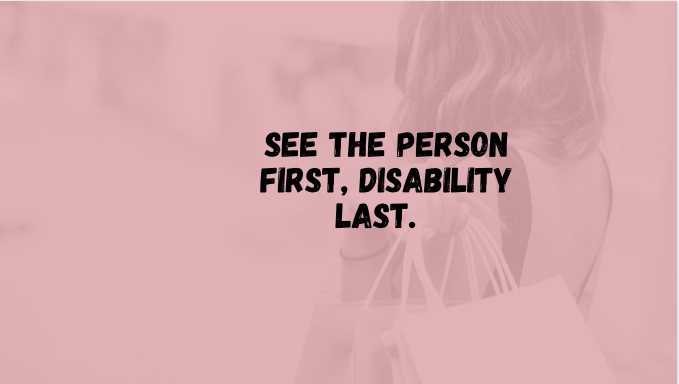

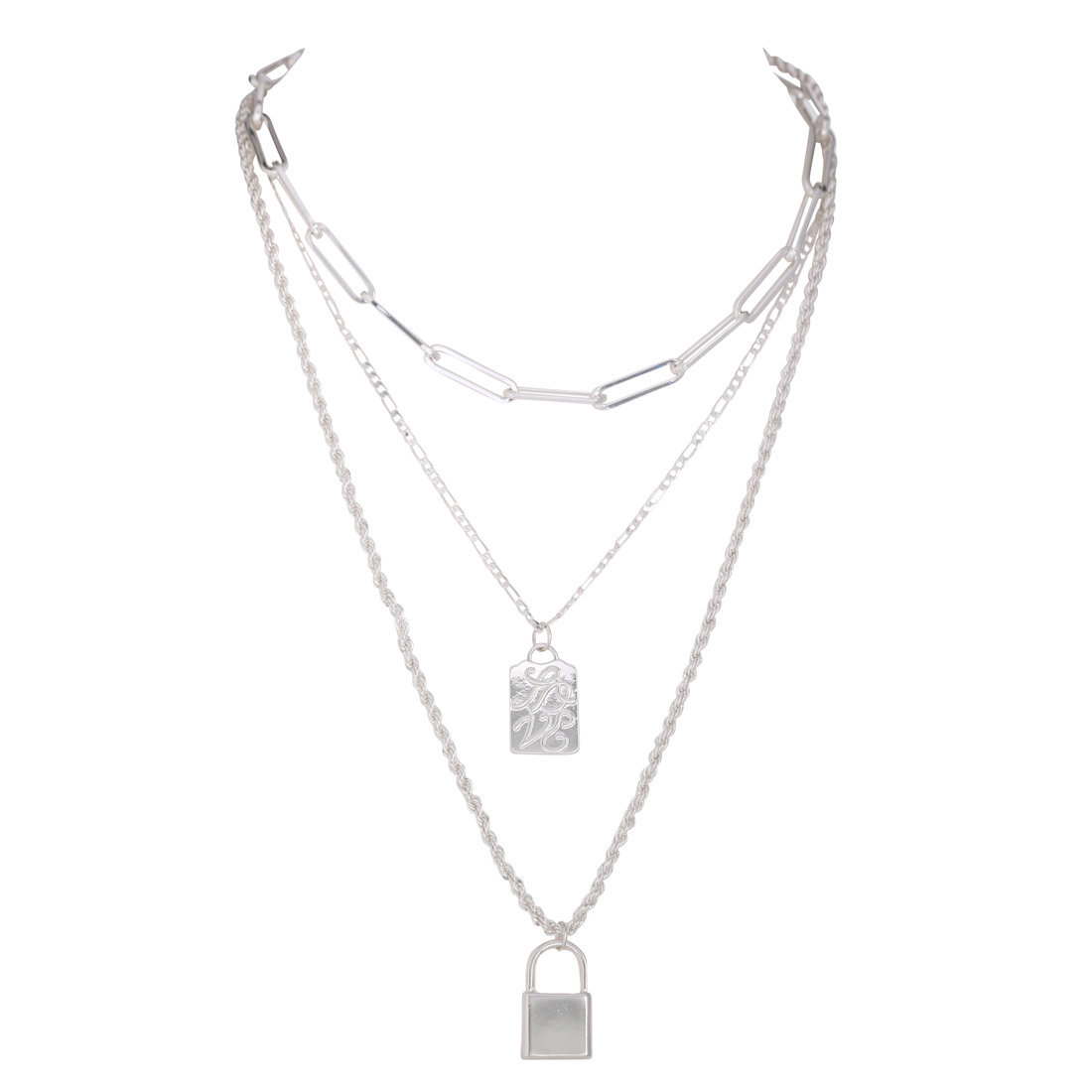
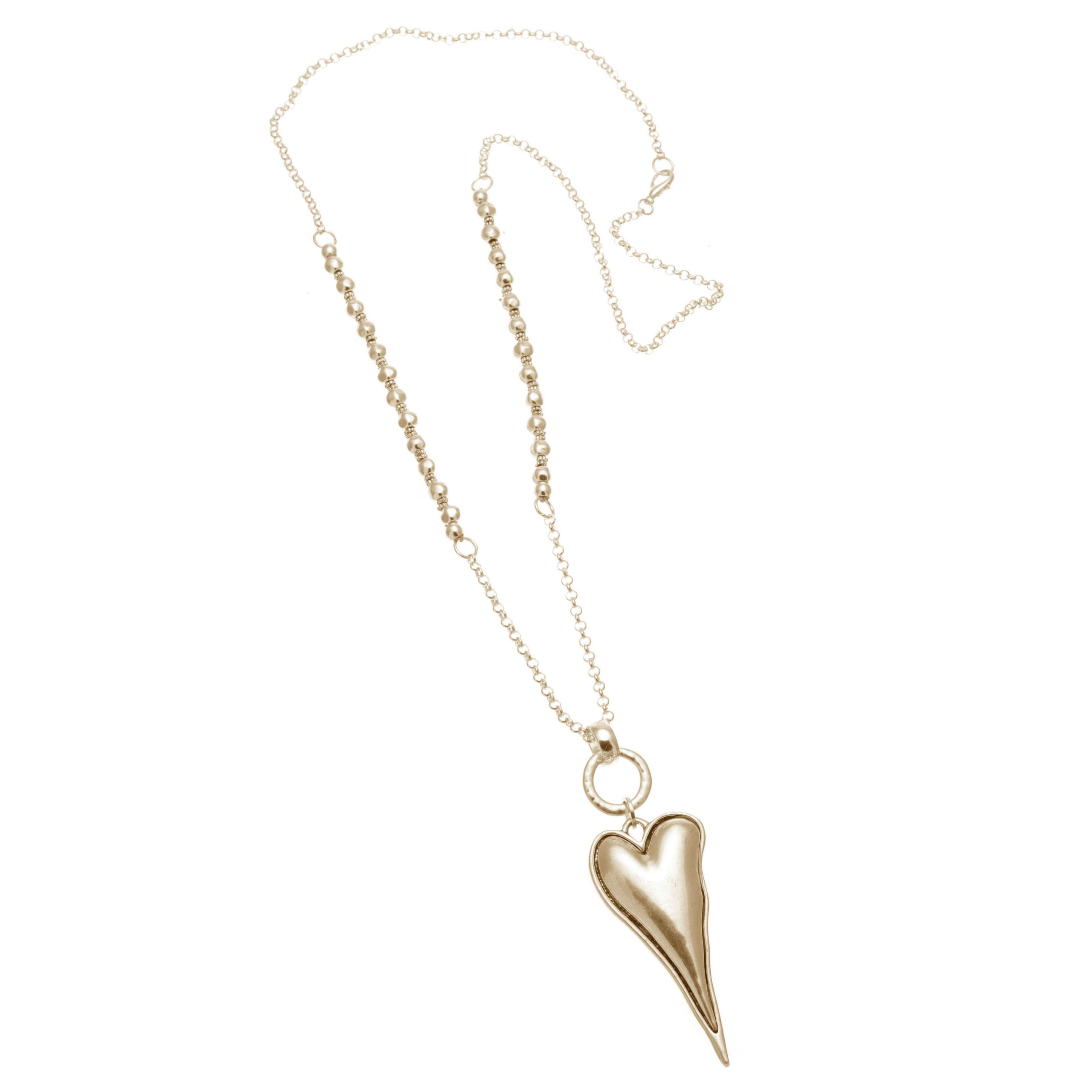
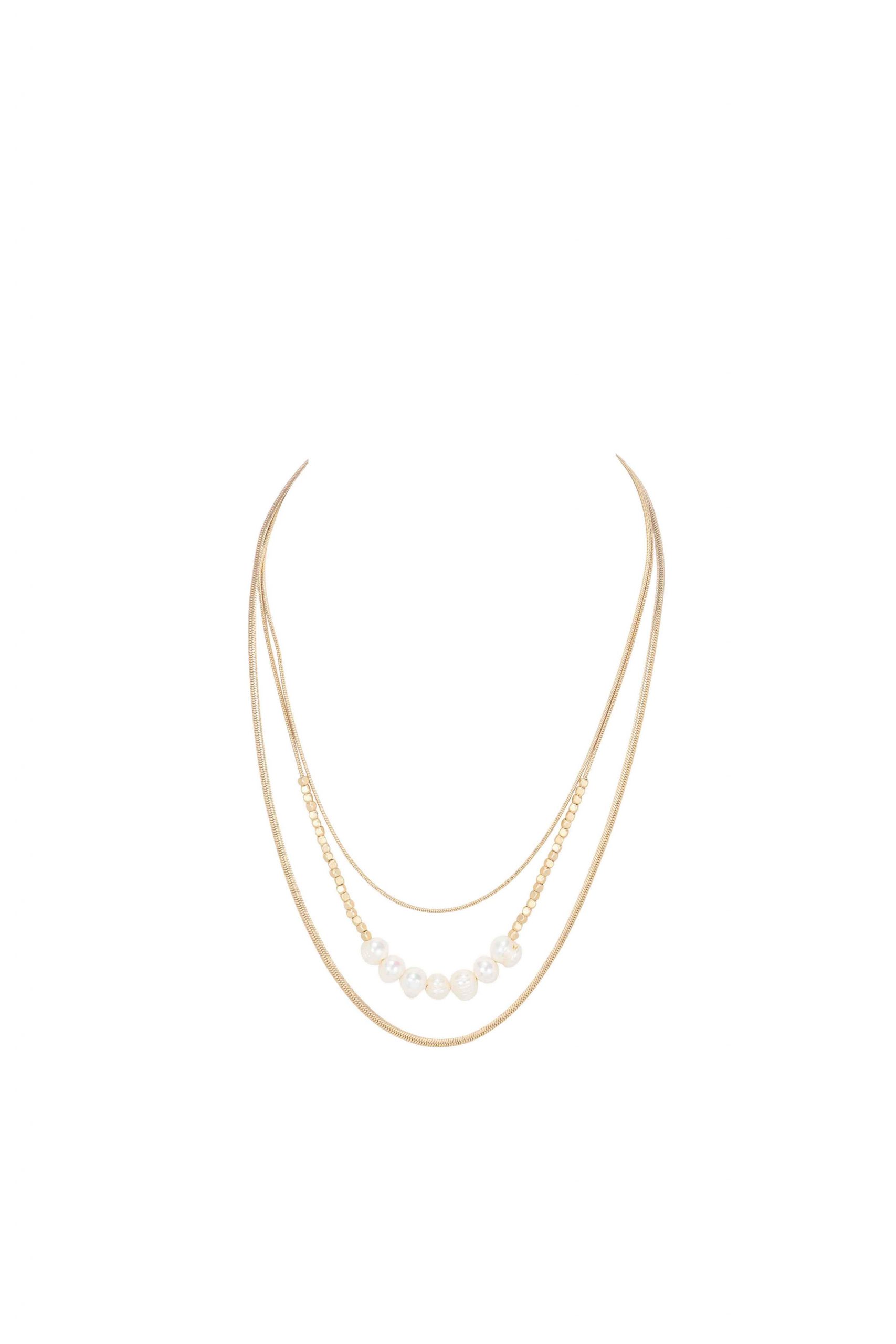

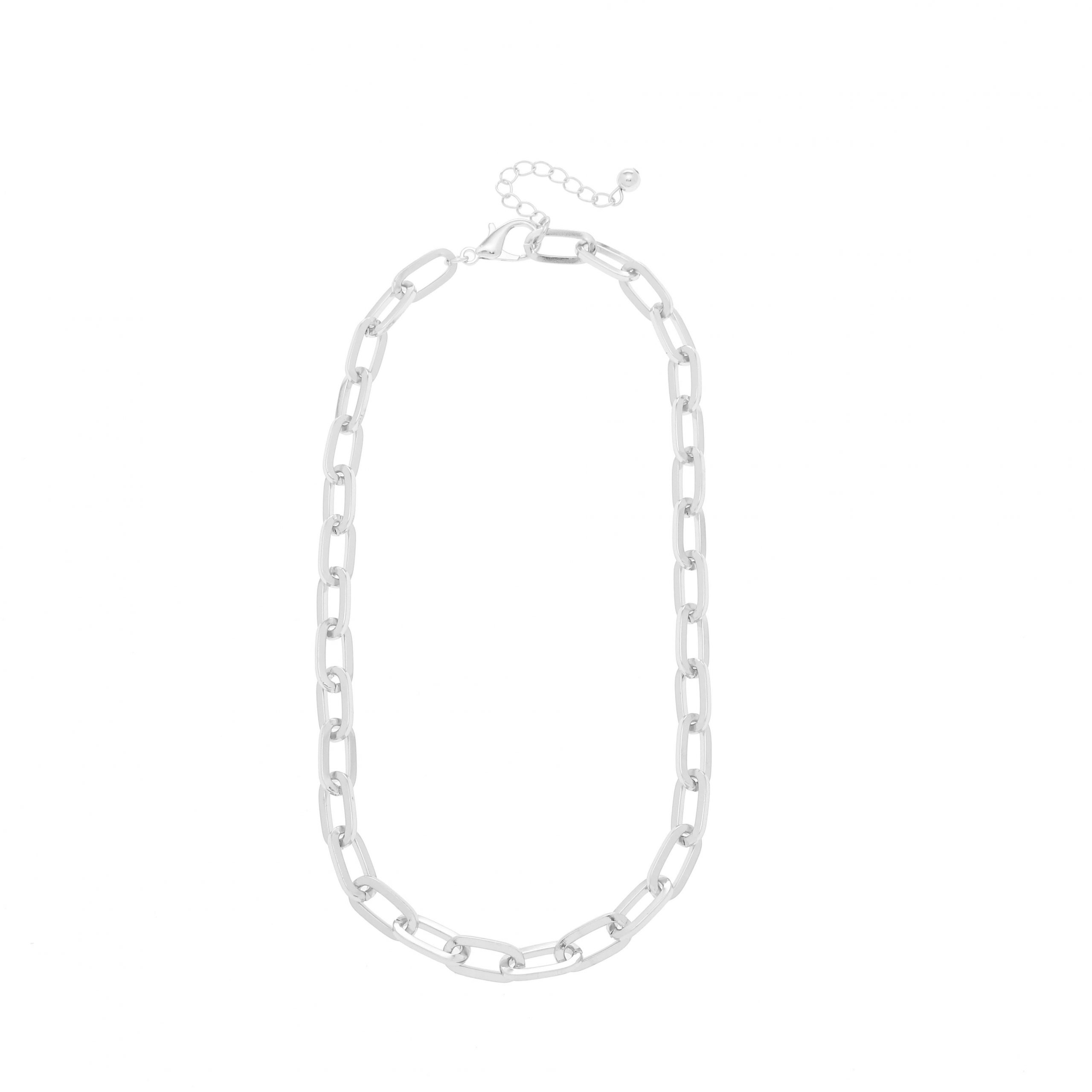
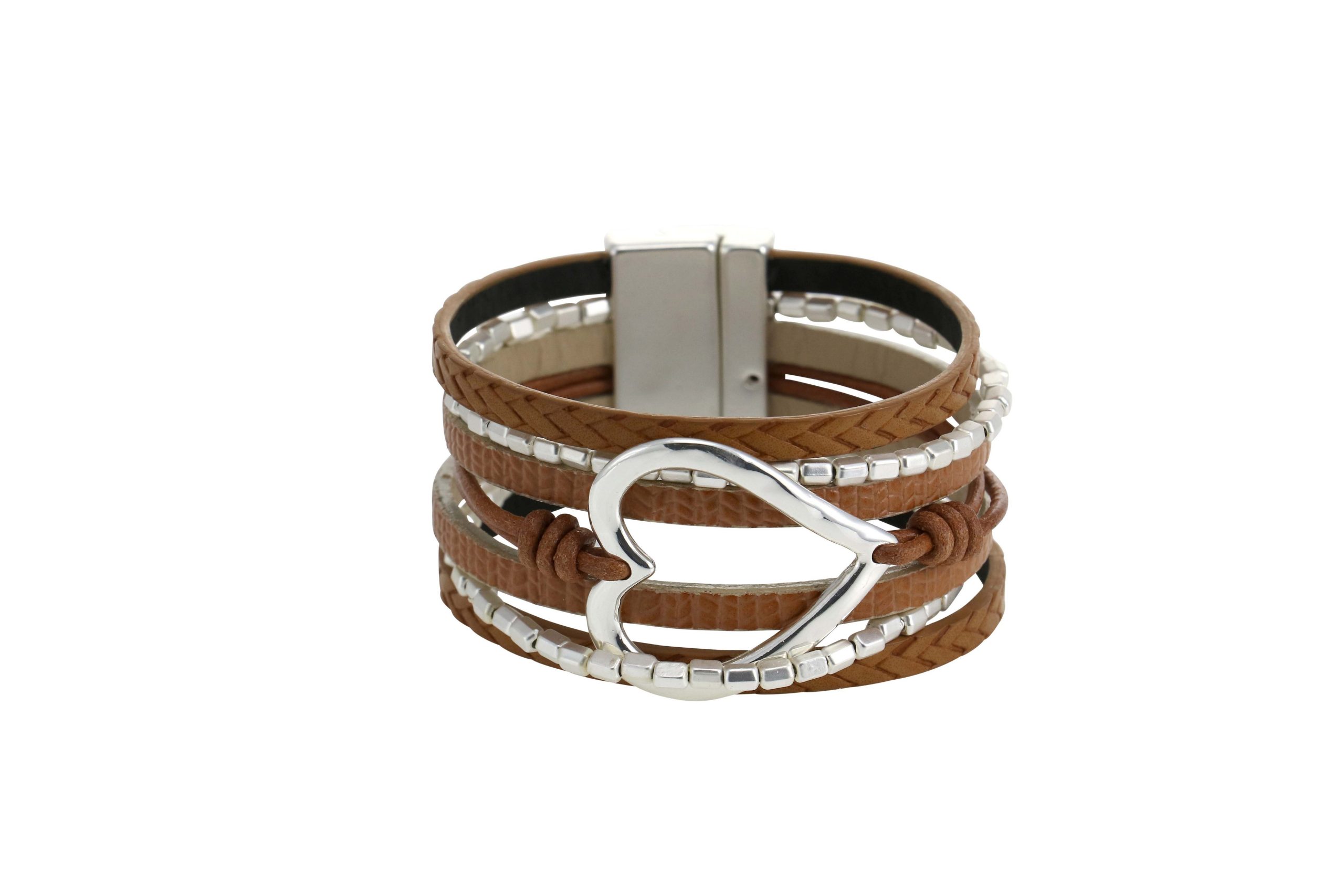
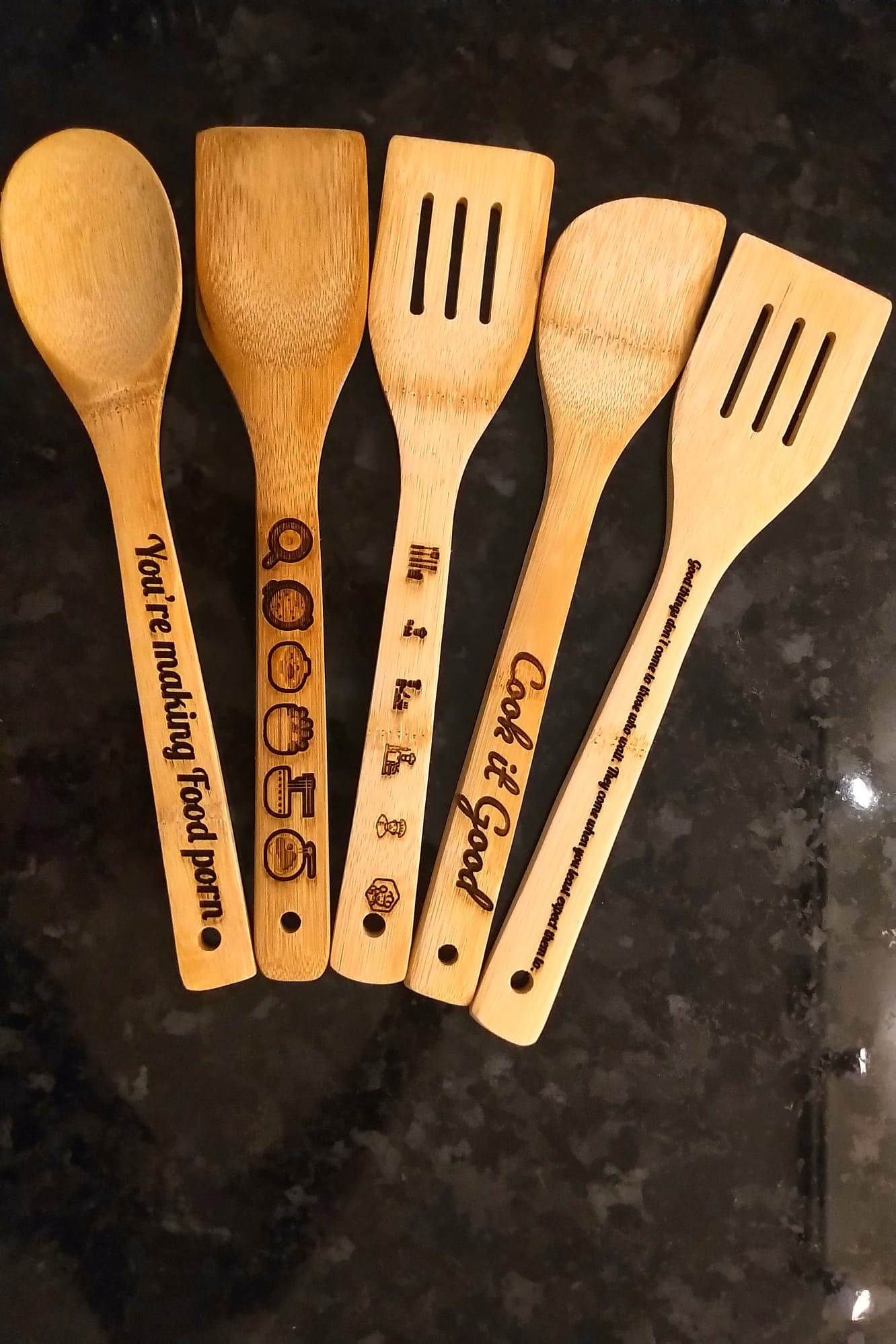
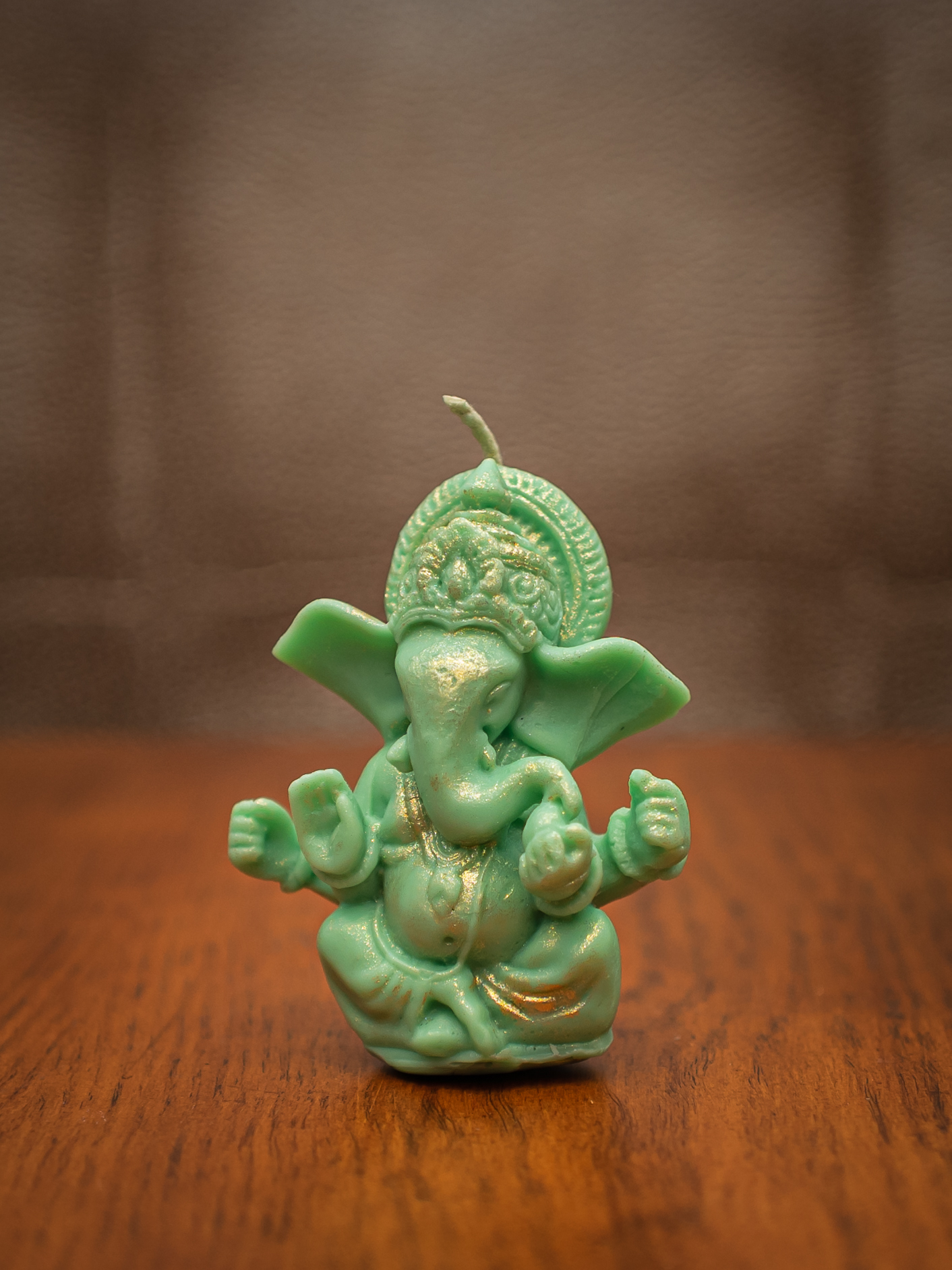
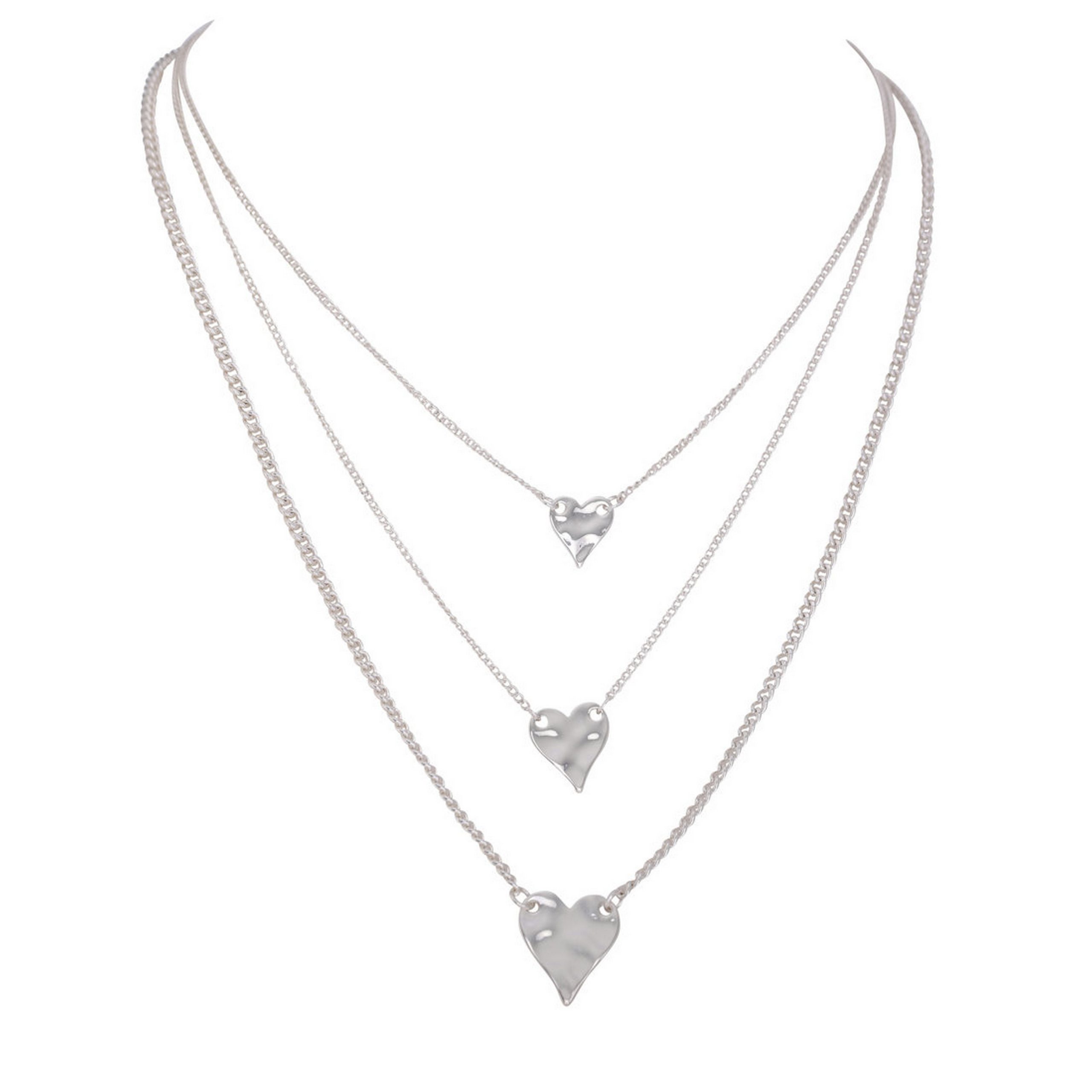
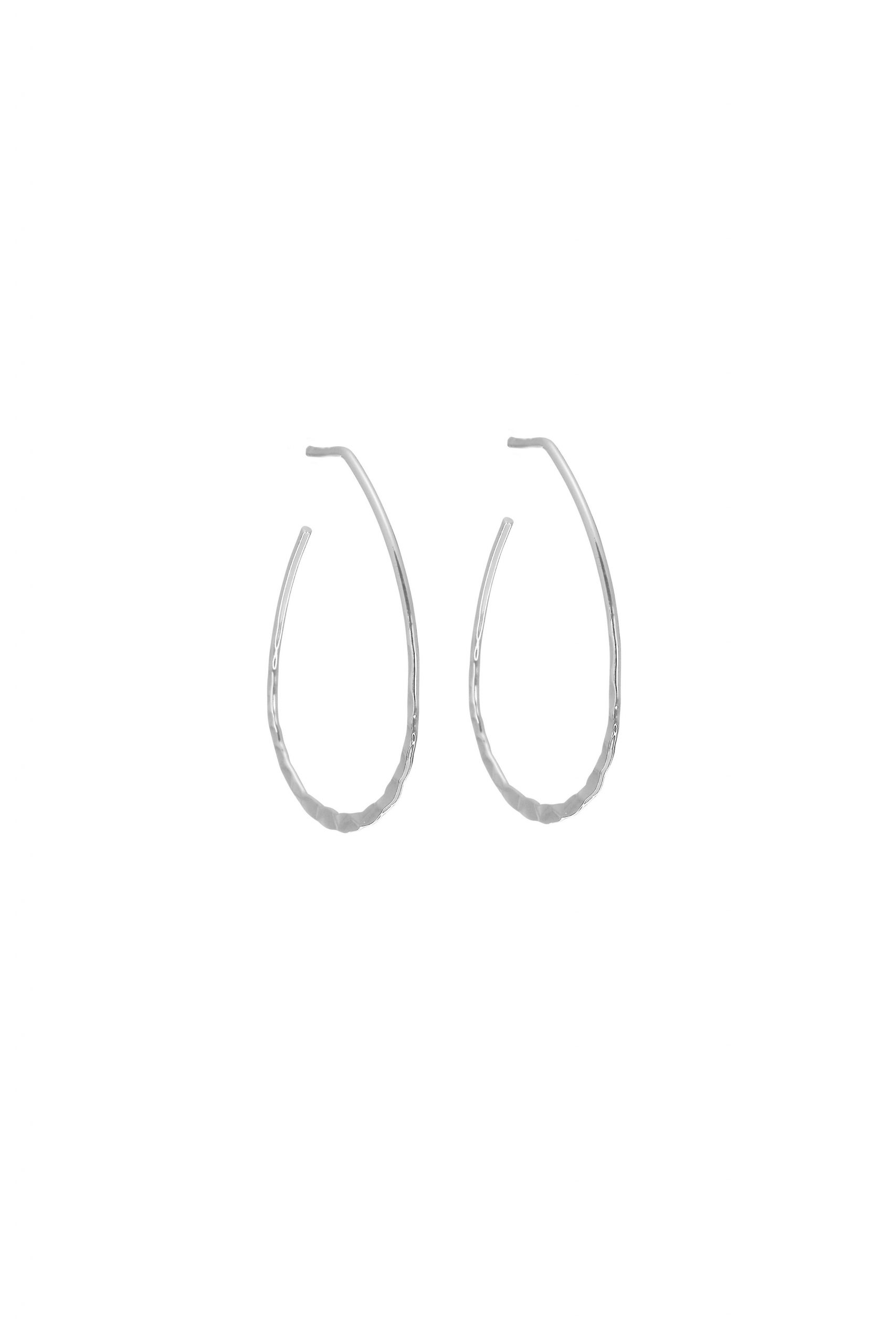
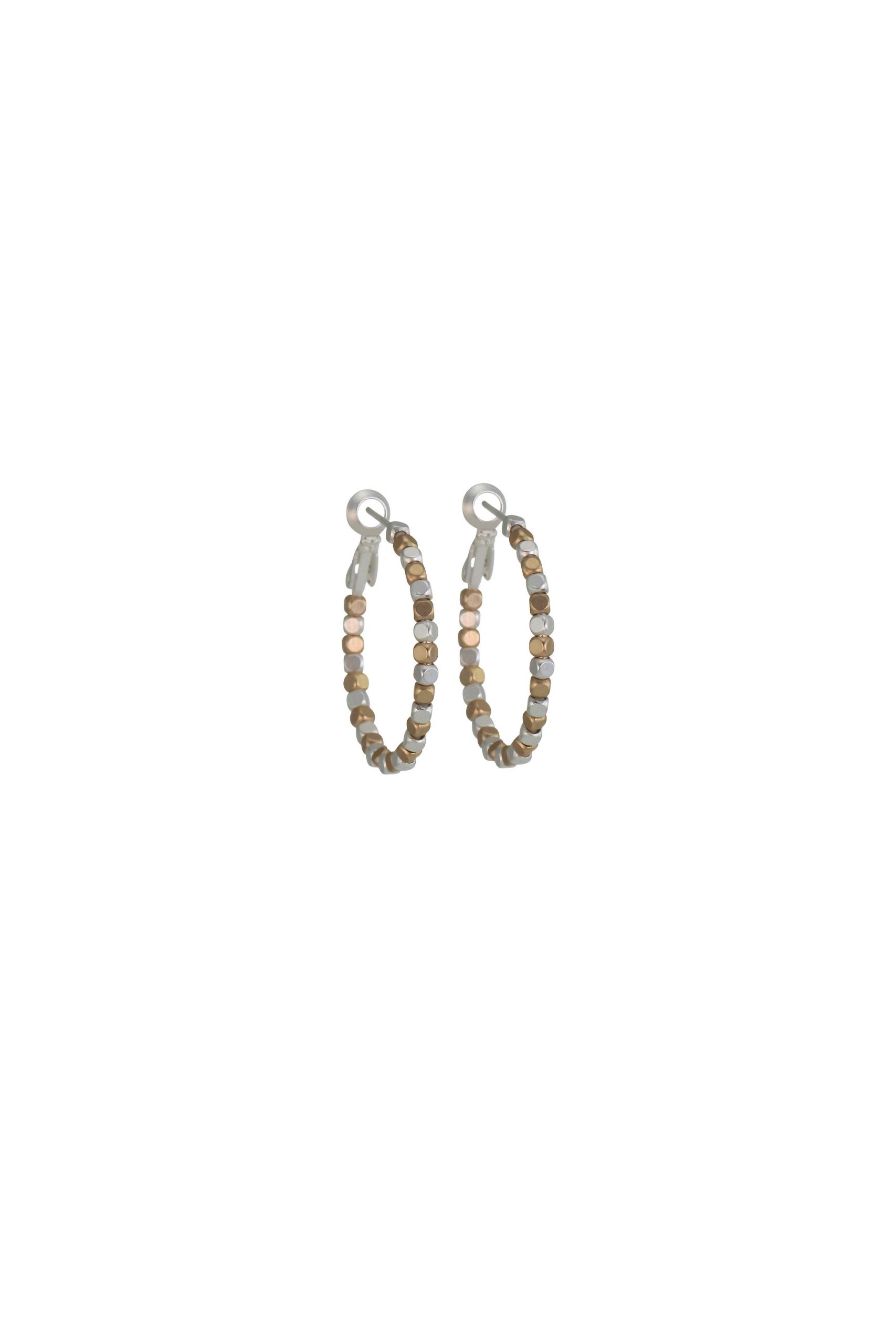
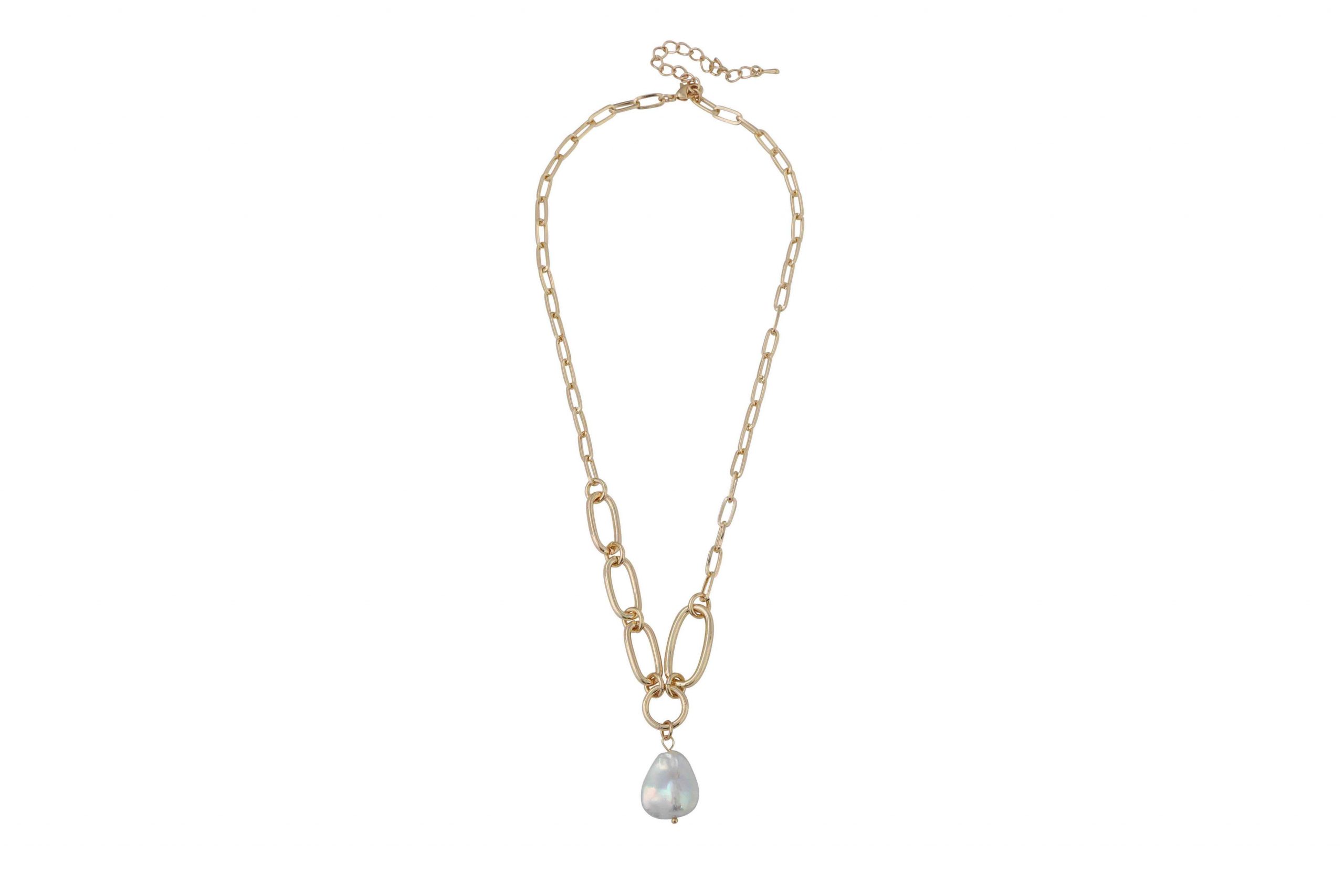
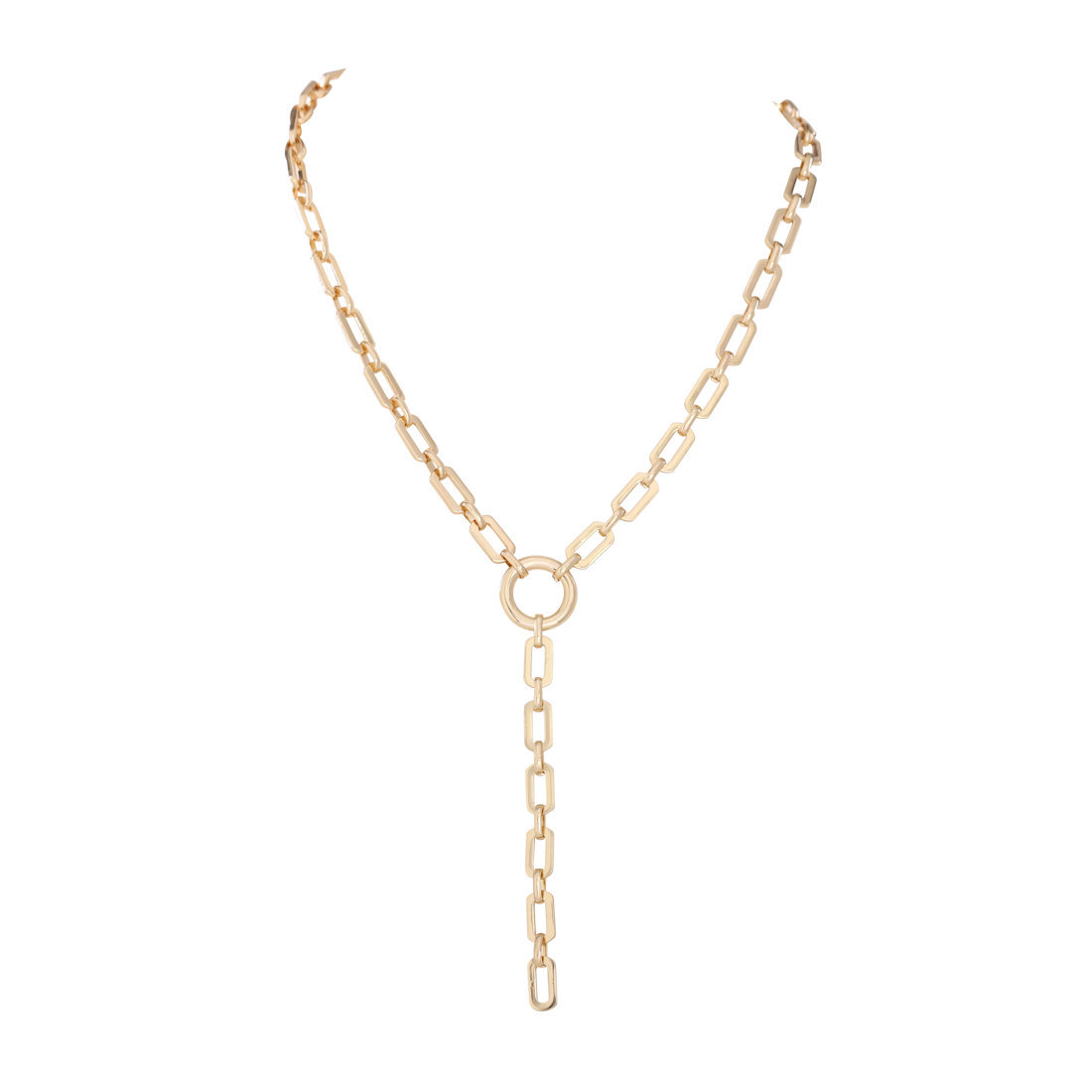
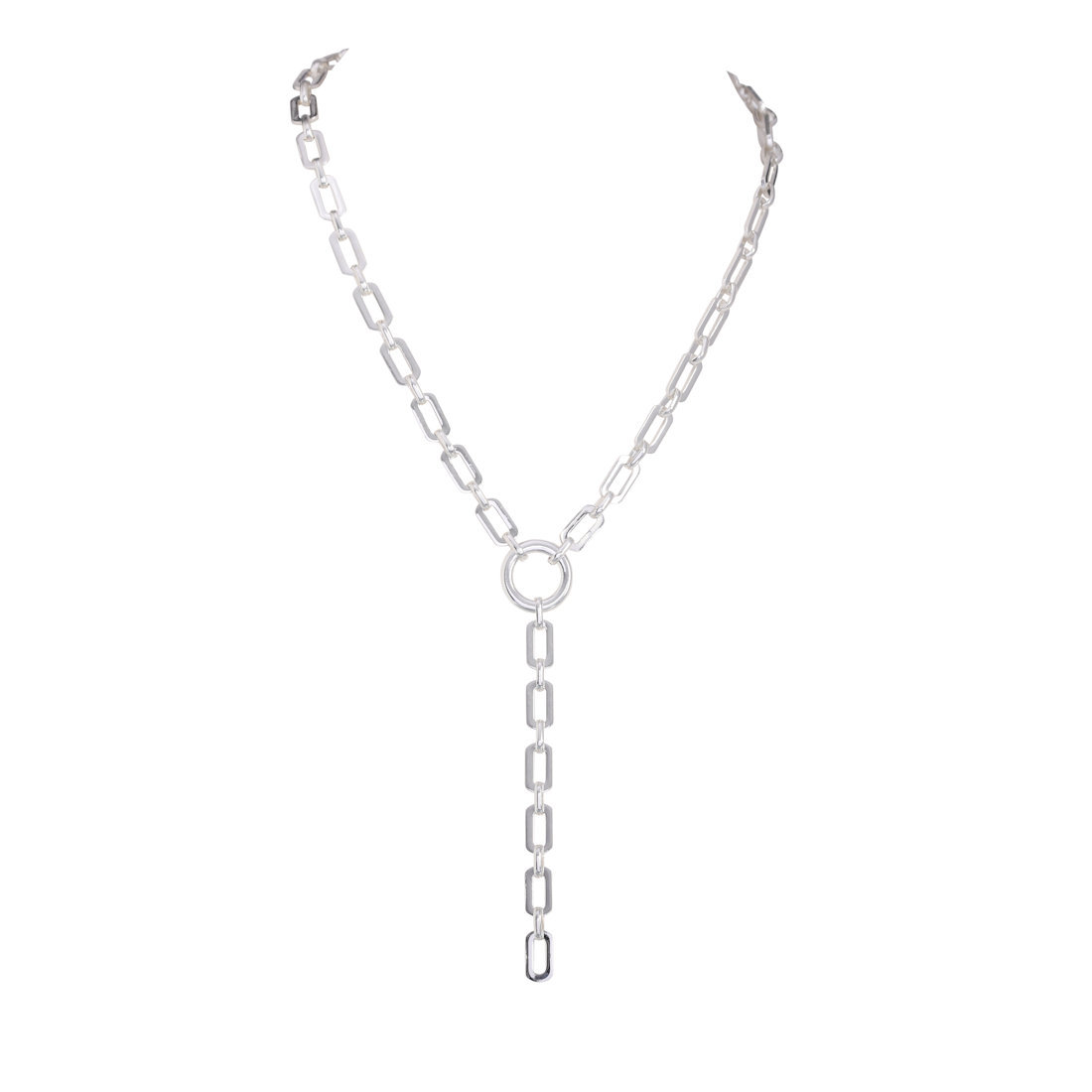
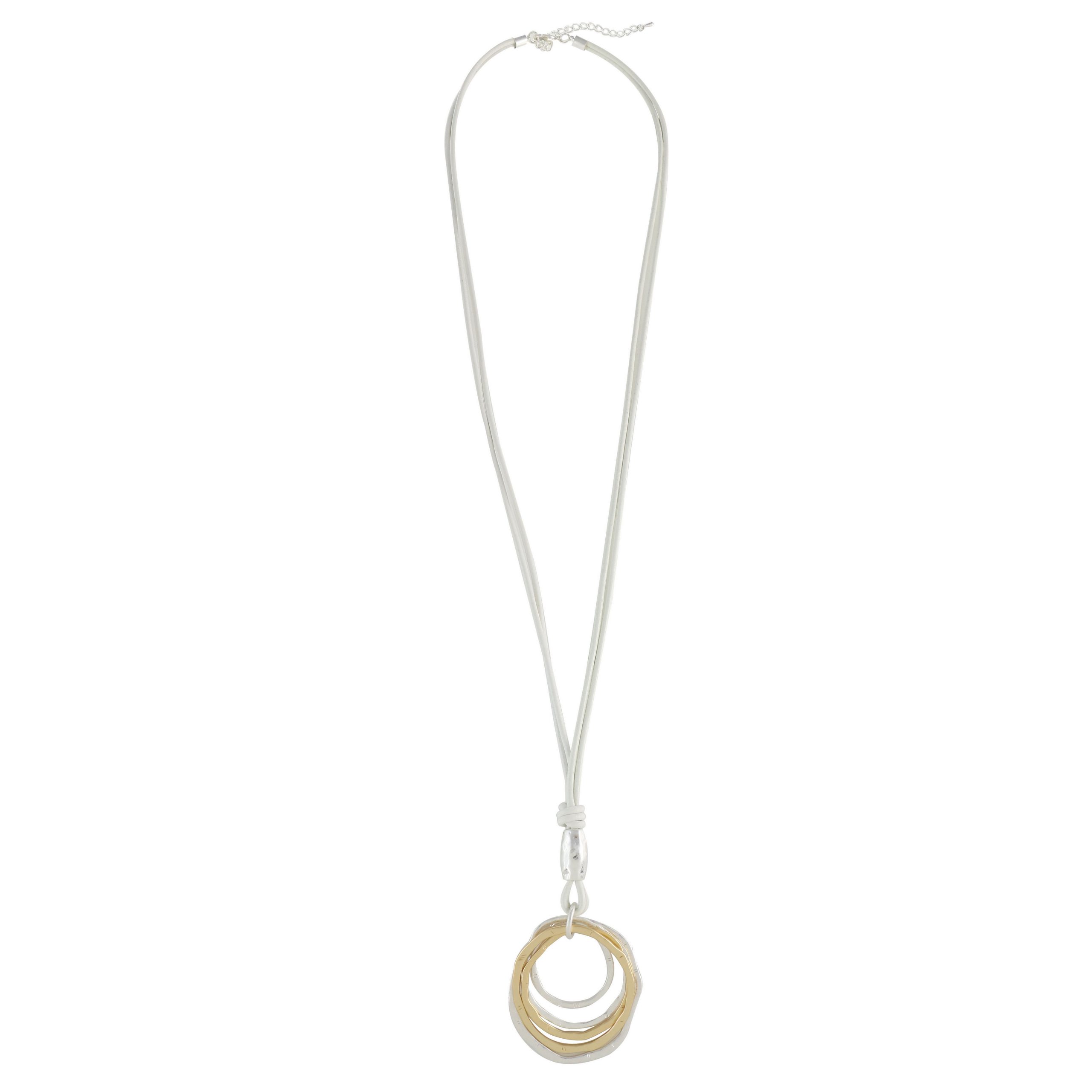
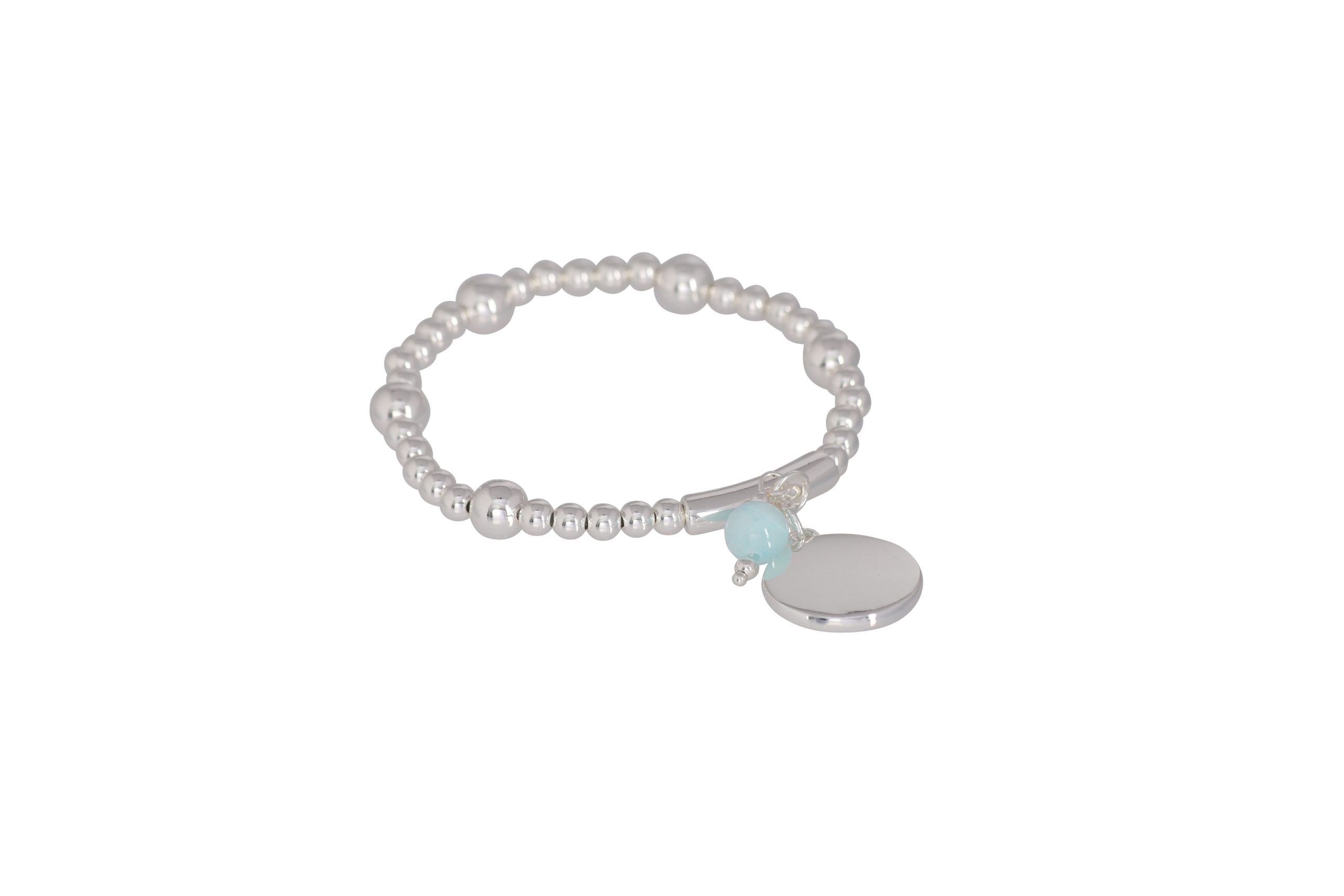

Love this! Thank you for sharing your story and life!!